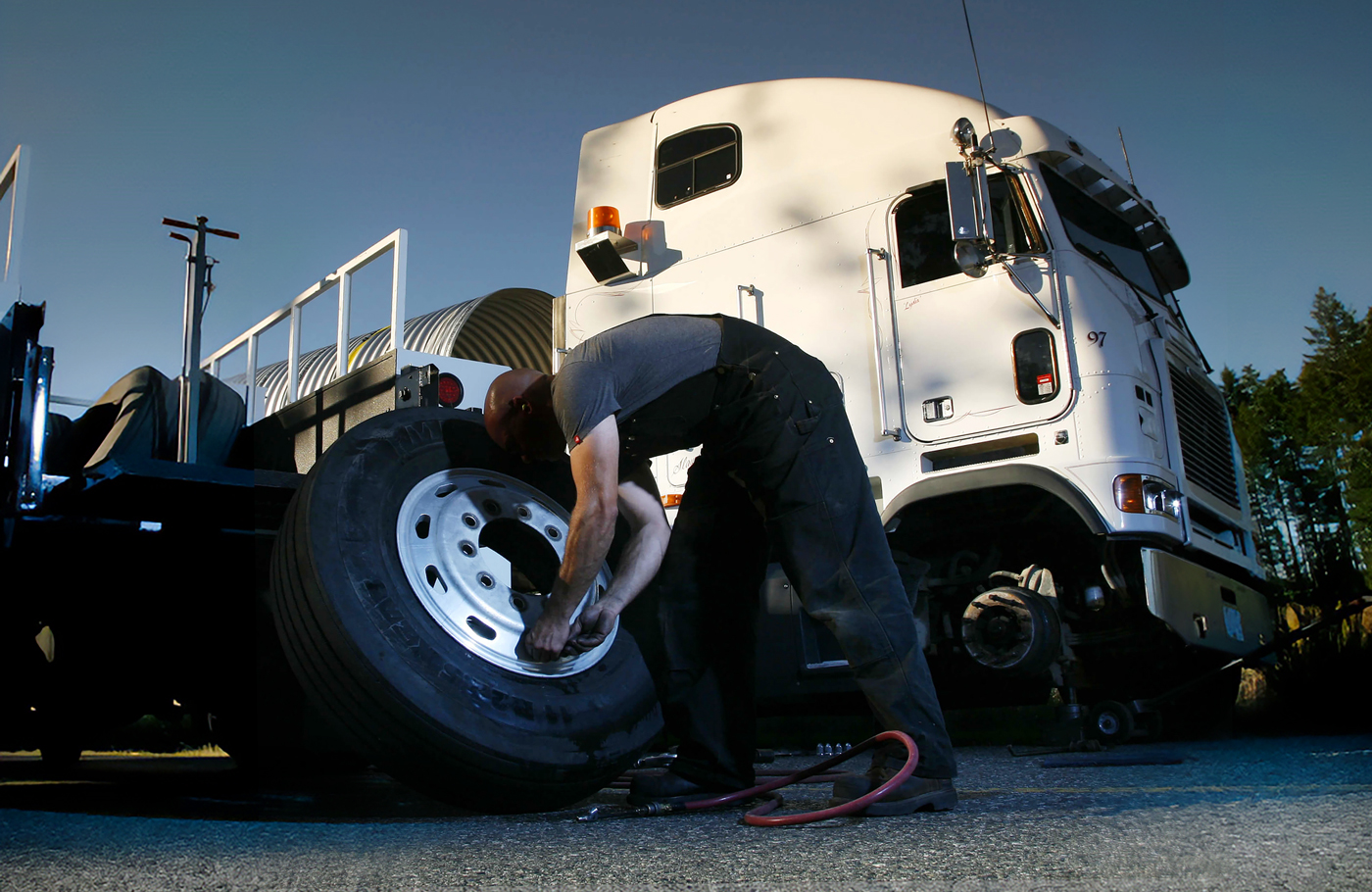For want of a nail
For want of a nail
There are some valuable lessons to be learnt from nursery rhymes, says Jim Ward. Those lessons – if heeded – can save transport operators a not-so-small fortune.
I wonder if young children are being taught nursery rhymes anymore. Probably not. After all, they’re sexist, militarist, mock the obese (Humpty Dumpty is a case in point), glamourise unhealthy eating (dairy, gluten, non-vegan, blackbirds, pies) and remain non-inclusive towards trans people and pronouns. They promote Imperialist land ownership myths, display chauvinist tendencies, and perpetuate class prejudice: Kings, Queens, sightless rodents, and the like. They’re altogether medieval.
If they were still in use, though, then everyone would know this poem, one of which I’m reminded every time an engine is lost due to some bumptious person who thinks they know better than a national dealer network… someone who refuses to allow a part to be replaced on a truck, because in their vast wealth of technical knowledge, it wasn’t leaking and therefore did not need to be changed:
For want of a nail, the shoe was lost.
For want of a shoe, the horse was lost.
For want of a horse, the rider was lost.
For want of a rider, the battle was lost.
For want of a battle, the kingdom was lost.
And all for the want of a horseshoe nail.
When – oh when – will the basic philosophy of preventing breakdowns penetrate to the finance people; those who rule contracts with a rod of iron. They need to understand that nowadays, you don’t wait until something breaks before changing it; that the essential tenet of preventative maintenance – the cornerstone – is that you attend to issues before they manifest themselves, with the aim of avoiding any unplanned downtime. This is the nub of the matter, the Holy Grail of ultimate dependability: avoiding downtime at all costs.
Instead of dropping 63 litres of costly, imported, lovely, luminous green coolant onto the side of the tarmac between Upington and Olifantshoek, to soak into the unsuspecting soil, you collect it all safely in a clean container in the workshop and swiftly renew the two retarder hoses, replacing the originals. The old hoses are soft, beginning to distort and squeeze their way from under the factory hose clamps, weakened from the brutal cycle of expansion, contraction, pressure, heat, degreaser, and ageing (even though they’re not leaking). You save every litre of the green stuff, fit improved polyurethane hoses, refill the coolant, bleed the system, and off you go, happy as a baby hippo in the surf.

But wait! Someone who doesn’t know a toaster from a turbocharger has decided it’s better to make this replacement on the roadside during a 46°C summer’s day, with a load of fish and the fridge unit running low on diesel. Or on a dark winter’s night, perched on the edge of Van Reenen’s pass, with 23,000kg of frozen chips defrosting in the trailer.
That person (Mr Toaster) has chosen to ignore the advice of an experienced technician who has taken the time to phone and warn them that the retarder hoses are soft, and that they recommend both are changed, as the truck is in for a service anyway. It’s just a courtesy call; a heads-up about a potential problem.
With all the technical knowledge Mr Toaster has gleaned from driving his Honda Jazz to work and back each day, he puts the impertinent mechanic in their place and snootily informs them that if it’s not leaking there is no need to change it, shaving a princely R7,600 off the R32,000 service charge. He even gets a pat on the back and a Coke from someone who should know better. The technician retreats, hurt, into their service bay, wondering why they were spoken to like an idiot when they were just trying to warn a client about a potential failure.
What Mr Toaster doesn’t consider is that this is merely load five in a three-month trial period, which will hopefully result in the company landing a new contract worth R3.2 million per year; the client wants to see how it goes first. After this experience and a lost load, they decide against it.
When the driver calls in to report that the truck has lost its coolant and overheated, all the warning lights are on, please can they get some water, and they’re hungry, Mr Toaster points his outrage at the dealership, calling up the service advisor and telling him his fortune.
“How the #%$ can the %$^&*@# truck break down when it’s just come from service! You people don’t know what the &%#$ you are doing! Now the client is swearing at me,” rants Mr Toaster.
That hose replacement has now developed into towing charges, a head gasket, piston and sleeve replacements, big end bearings, replenishing coolant, an oil change, and the disposal costs of 18 pallets of rotting fish in the Northern Cape.
Oh yes, and two new retarder hoses… All for the want of a horseshoe nail.
Published by
Jim Ward
focusmagsa




